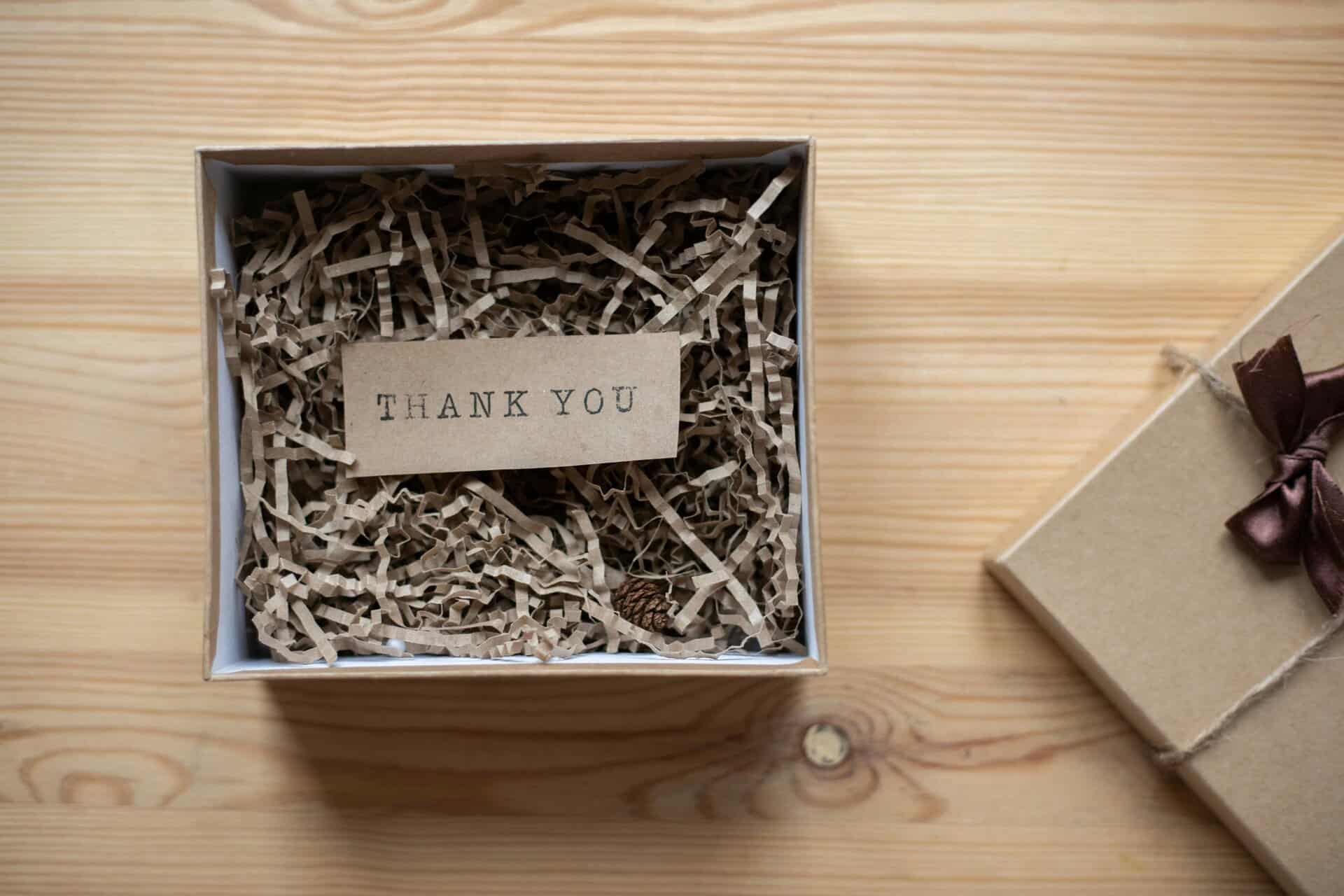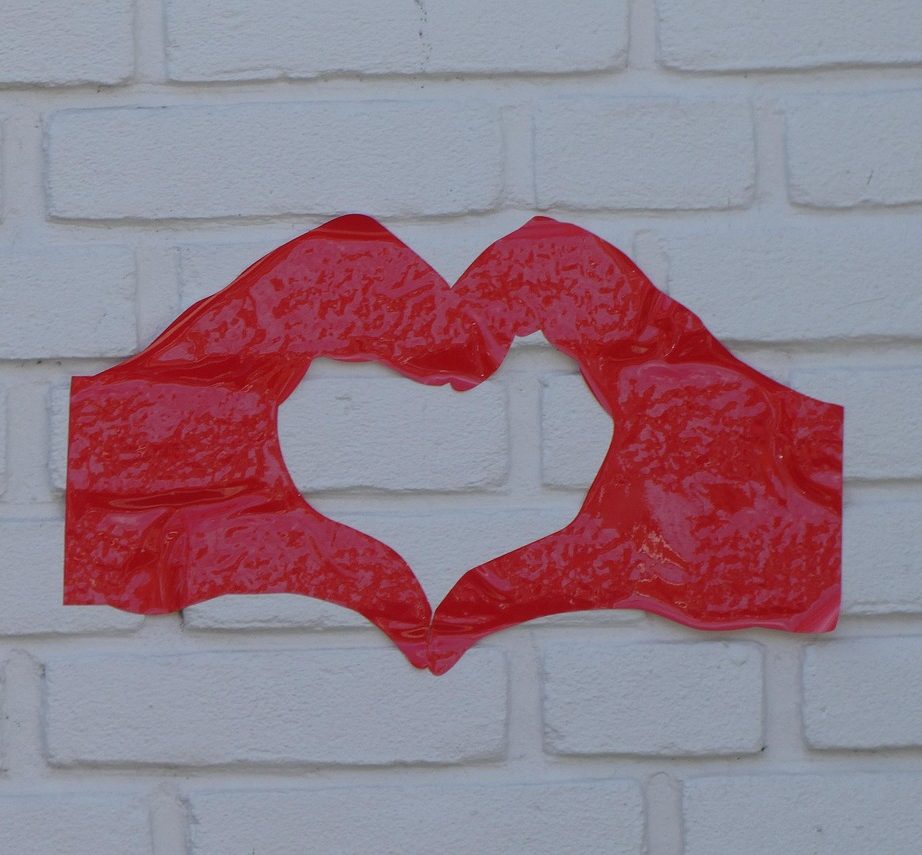Try These 4 Simple Gratitude Practices to Boost Mental Health
Gratitude gets a lot of airtime. It’s stitched into journals, spoken around dinner tables, and tossed into inboxes as part of wellness campaigns. But most of that is outward-facing—thank you for the gift, thank you for the help, thank you for showing up. Rarely do we turn that thank-you inward. Rarely do we say, “Hey, me—thank you for surviving today.”
And that’s where the discomfort starts. Because self-gratitude feels weird. It feels indulgent. It feels like something we should earn, not offer freely. But here’s the truth: it and mental health are deeply connected, and the most radical form of that connection might just be thanking yourself.
Have You Ever Felt Offended by a Lack of Gratitude?
Let’s be honest. Most people have felt that sting—when someone forgets to say thank you, when effort goes unnoticed, when care is met with silence. It’s frustrating. It’s hurtful. It makes you question your worth.
Now flip that.
What happens when you forget to thank yourself? When you push through a hard day, show up for others, hold the line—and never pause to say, “That was hard. You did good.” Does that offend you? Maybe it should.
Because the absence of self-gratitude isn’t neutral. It’s a slow erosion. A quiet forgetting. And over time, it chips away at mental health, leaving behind a sense of depletion that no external praise can fix.
Gratitude and Mental Health: Why It Matters
All this self-love and gratefulness isn’t just a mood booster—it’s a literal neurological shift. Studies show that practicing gratitude increases dopamine and serotonin, the brain’s feel-good vibes. These chemicals reduce stress, improve sleep, keep you in focus and strengthen your emotional resilience.
But here’s the catch: most of that research points to your grateful energy being directed at others. The missing piece? Grateful energy directed at yourself.
Self-gratitude is a form of emotional nourishment. It’s a way to refill the tank, to honor the effort, to remind yourself that you matter—not because someone else said so, but because you know it.
How to Practice Self-Gratitude (Without Feeling Weird)

It’s okay if this feels awkward. Most people weren’t taught how to thank themselves. But discomfort is part of growth. Here are a few ways to ease into it:
1. Talk to Yourself Like You Would a Friend
If a friend made it through a tough day, you’d say, “I’m proud of you.” So, say it to yourself. Out loud. In the mirror. In the car. Wherever.
“Thank you for showing up today. You didn’t have to, but you did.”
2. Write a Thank-You Note to Yourself
Not a journal entry. A note. A sticky on the fridge. A message in your phone. Something short and sweet.
“Thanks for making that phone call. I know it was hard.”
3. Create a Gratitude Ritual
Light a candle. Pour a cup of tea. Take five minutes to name three things you’re grateful to yourself for. Make it a habit.
“Thank you for resting. Thank you for setting that boundary. Thank you for trying again.”
4. Don’t Wait for Gratitude from Anyone Else
Seriously. Don’t. Waiting for someone else to validate your effort is a trap. You be thankful for you. You do you, boo.
“I see you. I appreciate you. I’m grateful for you.”
Getting Comfortable with the Uncomfortable

Self-gratitude might feel silly. It might feel like a stretch. But it’s also a form of self-respect. It’s a way to reclaim emotional space in a world that often demands output without offering acknowledgment.
Even the humblest person will thrive when the full self is seen—not just the parts that serve others. So, if it feels weird, good. That means you’re doing something new. Something healing. Thanking yourself for showing up for you to be you each day is not ego.
Final Thought
Gratitude isn’t just for holidays or highlight reels. It’s for the quiet moments. The messy ones. The ones where no one else claps. Your mental space needs that kind of care. That kind of noticing.
So, say thank you. To yourself. For the effort. For the grace. For the grit. Don’t wait for someone else to hand it to you. You do you, boo.
This article is for informational purposes only and is not a substitute for professional mental health advice or treatment.







